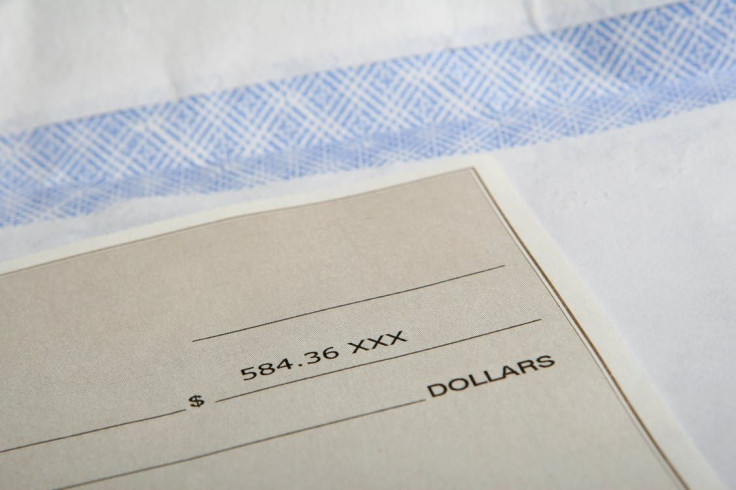Gender Pay Gap: Creating More Opportunities For Women Can Add Trillions To World's GDP, Study Shows

KEY POINTS
- The study was done by McKinsey Global Institute and presented by the Council on Foreign Relations
- Women globally earn an average of $11,500 annually compared to $21,500 earned by men
- U.S. women early 81 cents for every $1 earned by men
A study by the McKinsey Global Institute indicates achieving gender parity in the workplace could add $28 trillion to global gross domestic product, $5.1 trillion in Western Europe alone and $4.3 trillion in the United States.
Among nations belonging to the Organization for Economic Cooperation and Development, women earn about half of what their male counterparts do, $11,500 versus $21,500.
Across the European Union, the pay differential between men and women varies widely by country, with men and women in Romania only 3% apart while the gap widens to 22.7% in Estonia. The average gap among the 27 EU members is 14.8%. The gap in the United Kingdom is 17.3%.
In the United States, women earn 81 cents for every $1 earned by men and the difference is expected to be exacerbated by coronavirus-prompted disruptions.
“We found that elementary school teachers make 92 cents for every $1 a male makes,” compensation software and data company Payscale.com reports. “Flight attendants also make 92 cents. Among healthcare practitioners, women family doctors make 94 cents to the dollar while nurses make 98 cents. … Women notably also comprise 90 percent of the nursing profession, facing significant health risks while being paid less compared to their male counterparts.”
The study, which was presented by the Council on Foreign Relations, said even without full parity, global GDP could increase by $12 trillion if the wage gap is reduced.
“Both advanced and developing countries stand to gain if women participate in the labor force at the same rate as men, work the same number of hours as men, and are employed at the same levels as men across sectors,” the study said.
The study cited four reasons for the wage gap: 59 countries have no laws barring workplace sexual harassment or abuse; women spend 300% more time on unpaid work like child care and household tasks; two-thirds of the 750 illiterate adults worldwide are women; and 190 million more men than women have bank accounts.
“To be equal participants in work, women need to be equal partners in society -- in schools, health services, financial systems, legal institutions, and families,” the study found. “Cultural beliefs, from justifying domestic violence to considering it unacceptable for women to work outside the home, need to shift for women to improve their status.”
© Copyright IBTimes 2025. All rights reserved.






















